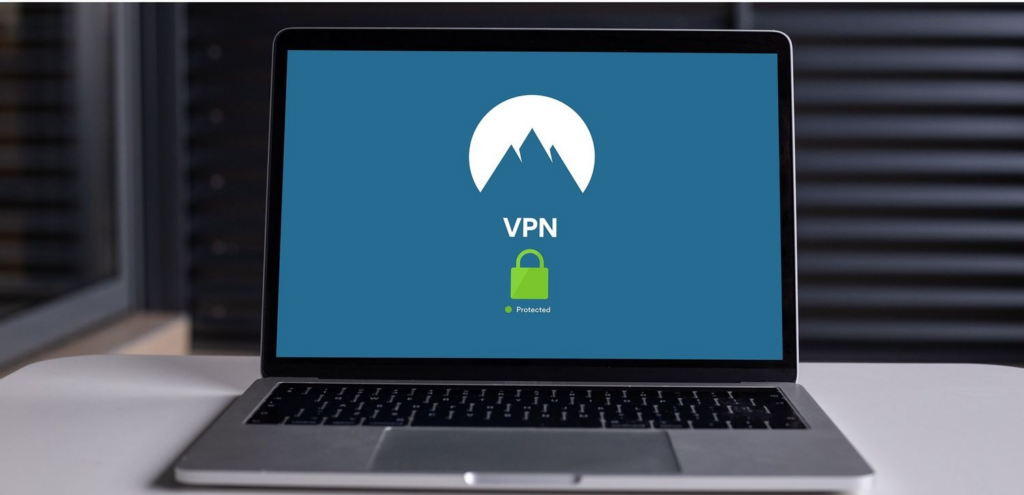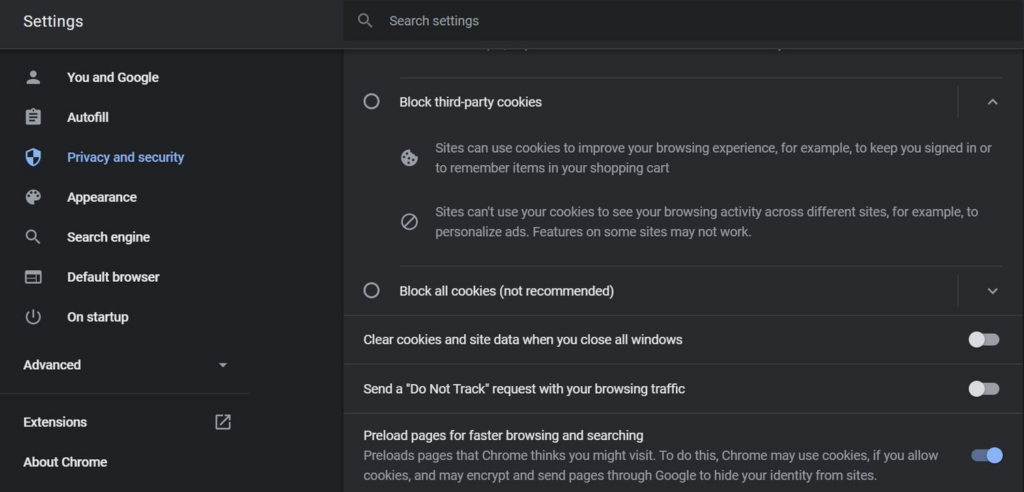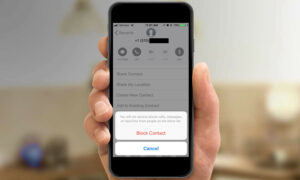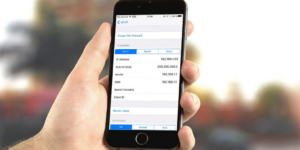8 Ways to Browse the Web Anonymously

8 Ways to Browse the Web Anonymously
Do you want to hide your identity and avoid being followed on the internet? Here are some of the most effective methods for Browse the Web Anonymously.
When we browse the internet for reasons unknown to us, we all demand varied levels of privacy. While most browsers include privacy safeguards, they fall short of expectations. Social networking and other programmes that require network connectivity appear to be unusable for tracking and exchanging data.
Want to browse the web anonymously and remain completely invisible when transacting, using social media, sending emails, and performing other tasks? We’ve compiled a list of tips and tricks to help you use the internet anonymously.
1Make it impossible for browsers to trace your location data

Allowing browsers and applications to track your location puts your privacy at risk. It not only exposes your online activities, but it also makes it easy for applications to share the areas you visit.
Traditional browsers, such as Chrome, Firefox, and Microsoft Edge, use your IP address and geolocation information to communicate location data to visited websites when you allow them to.
Even if you use VPNs, you should turn off location tracking in your browsers to increase your privacy. You can do this in Chrome, for example, by heading to Settings > Privacy and security. Scroll down and choose Location from the Site Settings menu. Then choose Don’t allow sites to view your location.
2. Make use of private browsers

While browsing incognito in popular browsers clears your browsing history and removes cookie clutter, it does not mean that you are viewing the web anonymously.
Websites can, however, track your network traffic in order to offer you with customized advertisements. Worse, your IP address is easily visible to third-party applications. As a result, you can still be pinned in this fashion by anyone.
All of these may be avoided by using dedicated private browsers. Because this is their normal function, these browsers require no further configuration to take you on your anonymous journey.
Some of them not only forbid data sharing, but also hide your location. Private browsers like Thor, on the other hand, are fully free.
3. Utilize Premium Proxies

On the internet, proxy servers are frequently used to conceal one’s identity. Rather of routing directly via your client, a proxy network collects the response from a source across many channels and returns it to you.
They essentially hide your online presence by sending requests on your behalf without exposing your IP address. As a result, because the client’s IP address isn’t actively participating in the exchange, it’s become obsolete in such a connection.
When you don’t want to utilize HTTP exclusively, SOCKS proxies are a more versatile choice. In contrast to HTTP proxies, they give a milage for connecting across any protocol. They also do not keep track of your browsing behavior. In addition, they are quicker and, in certain situations, more secure than HTTP proxies.
Nonetheless, while there are both free and paid proxy options for disguising your online presence, there are various reasons why you should avoid free proxies.
4. Make use of VPNs

Using virtual private networks is one of the best methods to access the web anonymously (VPNs). They encrypt and hide your connection while it is traveling over a public network.
VPNs not only mask your IP address, but they also dynamically reroute it to another website. As a consequence, you will be able to access material unique to your location.
VPNs also offer IP masking and third-party program modification. Furthermore, many VPNs allow you to change your IP address to a different location.
Because they can’t detect your surfing preferences or location, third-party applications and websites won’t be able to track your traffic. While there are various options, you should avoid using faulty VPNs.
5. Disable Browser Cookies

Websites use cookies to improve your surfing experience. However, if not managed properly, these cookies might become your worst privacy nightmare. They keep track of your surfing activities, including your unique ID and IP address, via an HTTPS network.
When cookies are enabled, browsers send cookie data over the internet to be used for traffic tracking & targeted advertising. And, because of the data they save, they may become a haven for sniffer malware as well as spoofing hackers.
In Chrome, go to Settings > Privacy and security > Cookies as well as other site data > Block all cookies to disable cookies.
Turn on Clear cookies & site data when you shut all windows to automatically delete cookies when you close your browser. Then, to reduce tracking, enable Send a “Do not track” request along with your request.
Stop Using Customized Ads on Social Media

Tailor-made advertisements, if not vetted, might be a surveillance route. Social networking services such as Facebook, Twitter, and Instagram, among others, will record your traffic throughout your networks if you allow them to in order to modify the advertisements you see.
They also gather information on what you enjoy, who you follow, and what you publish in order to tailor your experience.
In the worst-case scenario, certain social networking applications may track the links you click, the websites you visit, and the places you go. Many of these social networking networks, however, allow you to block tailored advertisements. As a result, you may wish to begin there.
7. Make use of Private Search Engines
Search engines like Google and Bing are well-known for saving your search history. That’s not too bad. Additionally, they do this for indexing purposes, allowing them to deliver the finest search results during enquiries.
Avoiding such search engines, on the other hand, is your best bet for total anonymity—even if you’re connected to a VPN or using a proxy server. Fortunately, there are a plethora of private search engines to choose from. They also do not save any of your information in their database.
DuckDuckGo, Startpage, Qwant, MetaGer, and many other efficient private browsers are examples.
8. Make use of anonymous email clients
You regularly reveal your email address when you utilize third-party options to sign in to applications and websites that require authentication. Some anonymous email clients may create a random string while logging in using third-party settings.
Furthermore, if you send an email to someone else, they may encrypt your email address. For example, Apple’s iCloud has this capability by default. Despite the fact that they hide your email address, emails sent to the encrypted address are routed to your original inbox.
Anonymous email service providers such as ProtonMail and Cyber Atlantis can effectively disguise your IP address.
Combine These Untraceable Browsing Options
On the internet, there are many intrusive factors, and it’s often difficult to determine whether they’re spying on you. As a result, it’s occasionally important to put blinders on your internet tracks. While these are all tried and true methods for hiding your identity on the internet, no one size fits all. So you might want to explore combining a few of them to close more gaps. Proxy servers, for example, can be used in conjunction with VPNs to achieve better results.


